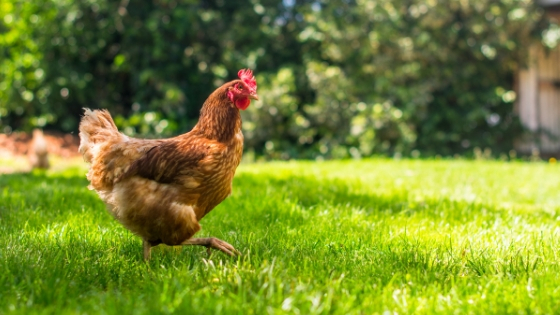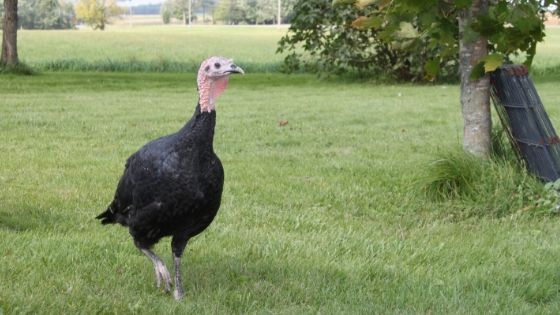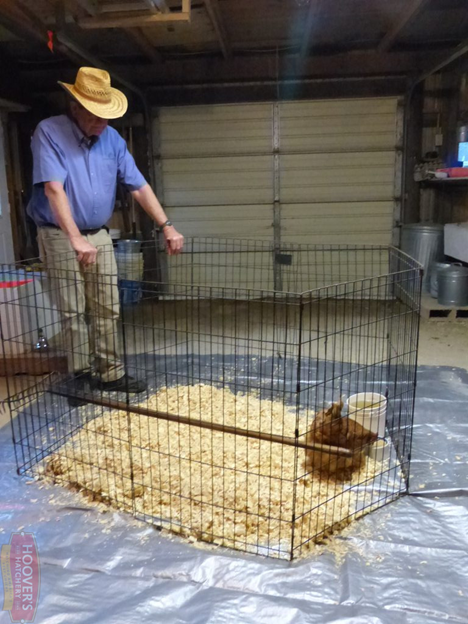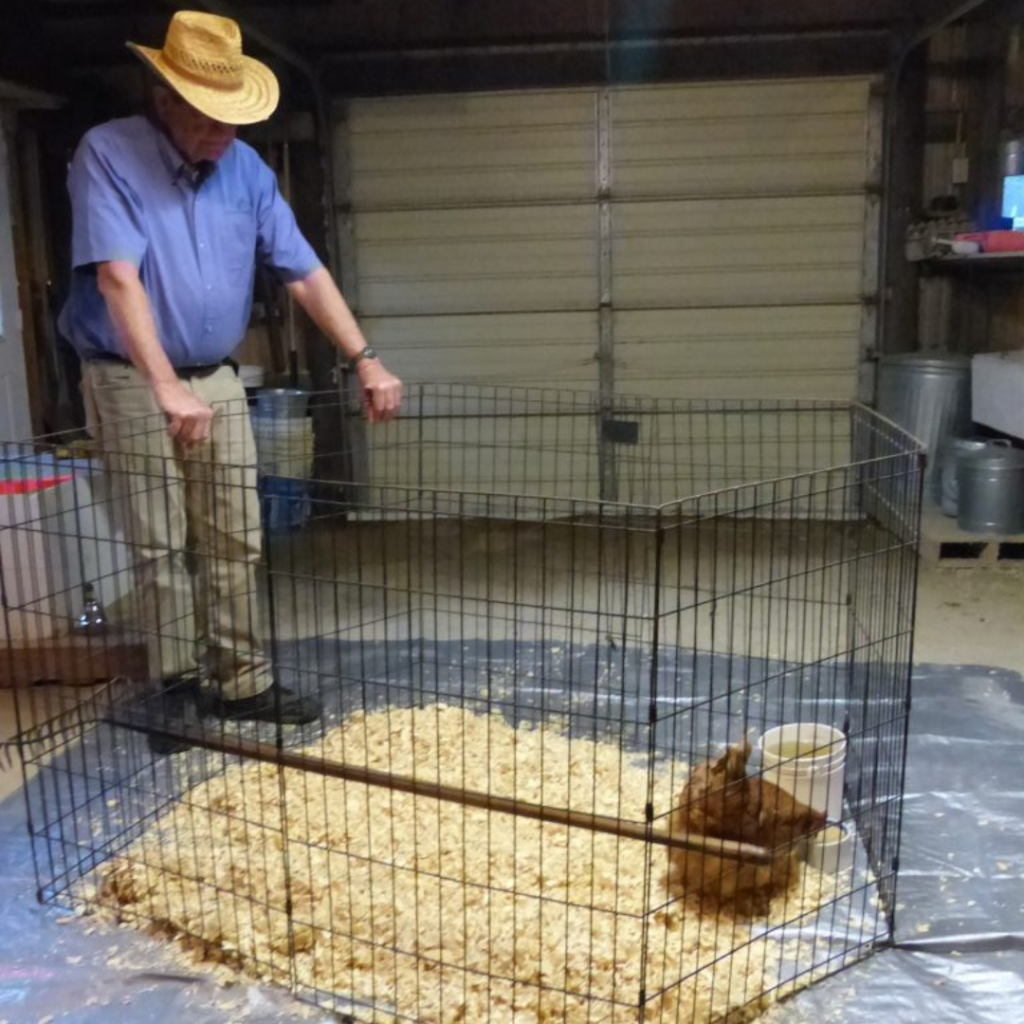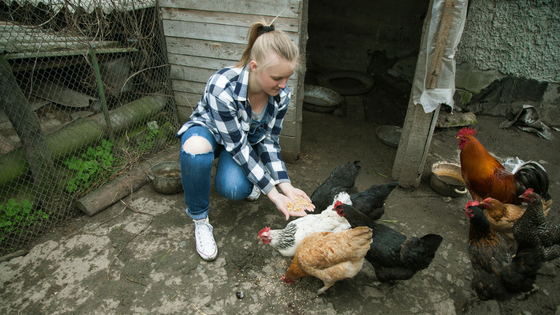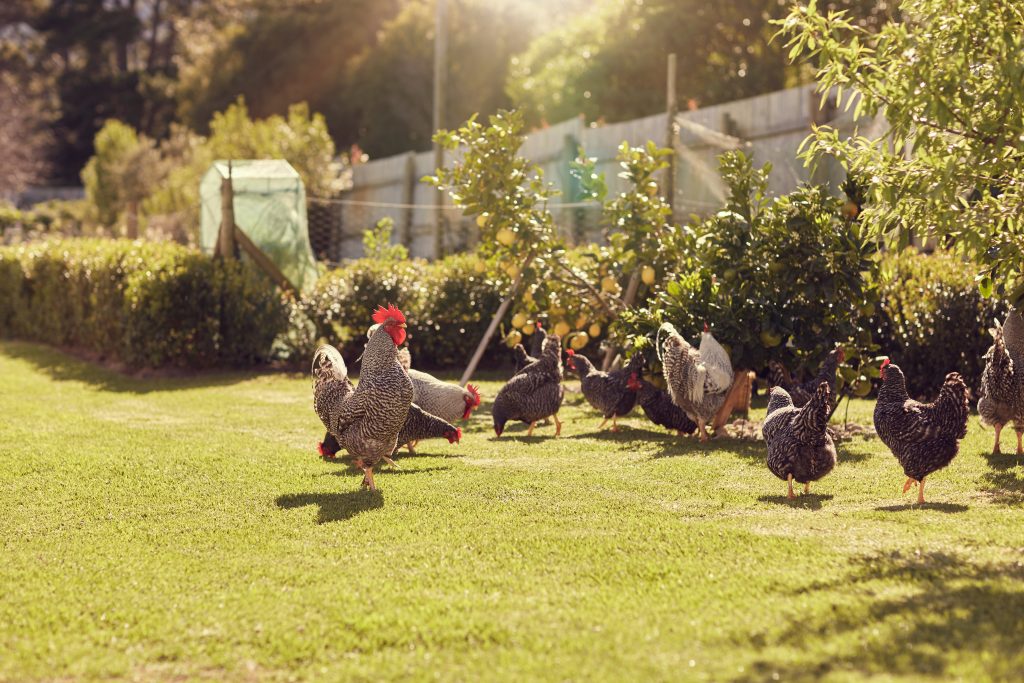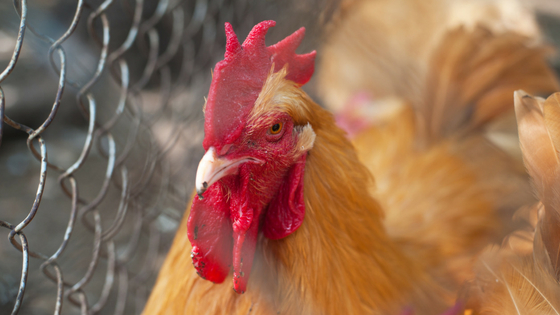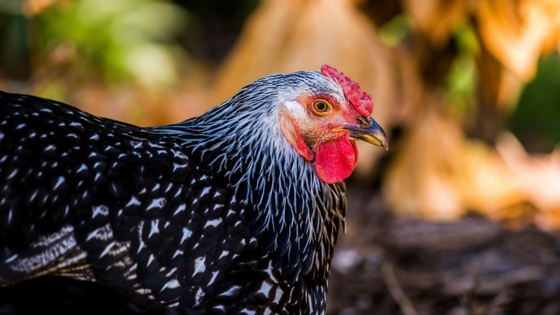Most families that keep a flock of backyard chickens have a front or side lawn, but few use it to advantage Even a small lawn can help chickens There are many ways you can reuse your lawn clippings when you have chickens, making the passes with the mower that much more valuable!
Some lucky families let their hens roam around the yard to forage for tasty insects and plants Often communities that allow backyard flocks prohibit free ranging birds The birds must be confined in a coop or enclosed run Even if there is no law
Pheasants and Turkeys in the Backyard
Perhaps the most intriguing of all birds are ring neck pheasants and wild turkeys Although mostly wild birds and popular quarries for hunters, many people raise their domesticated counterparts for beauty and delicious food
RINGNECKED PHEASANT
Like chickens, pheasants trace their origin to wild birds in Asia and are sometimes called Chinese pheasants These colorful long-tailed birds caught the eye of Judge Owen Denny, who was serving as a council in Shanghai In 1881,1882 and 1884 he had wild birds captured and shipped to the Pacific Northwest Some were released on his family farm in
Second Coops Are Handy
Newcomers to chicken care pridefully buy or make their first coop Some are simple But, people who love design and carpentry often create coops that are downright elaborate, unique, and complement the architecture of their own house Their hens live in classy digs
No matter how comfortable and attractive a coop is, having a second backup one ready for instant use is handy It won’t be used all the time, doesn’t need to be big, expensive or elaborate, and can be so simple that it is easy to set up quickly and easily when the need
Learning From Chickens Part 2
With coronavirus closing schools, millions of parents have unexpectedly become home school teachers They are learning how valuable trained professional teachers are as they attempt to help their kids expand their math, reading, and problem-solving abilities
It’s a great time to buy a few baby chicks Start them soon and by late summer they’ll be laying delicious eggs in the backyard Having the ability to produce food is comforting in this age of anxiety A flock of six hens will give a family over two dozen eggs a week
Hoover’s Hatchery reports record chick orders, probably
Are You Smarter Than A Chicken
It seems as if winter won’t give it up, so we thought we would brighten up April by celebrating April Fools all month long! Below is a fun true/false quiz and some links on fun chicken folklore
Are you smarter than a chicken? Take this True and False quiz to tell
- On the equinox you can stand an egg on its end
- There must be a rooster in the coop for a hen to lay eggs
- Brown eggs are always fresher than white eggs
- The incubation temperature determines whether the chick will be female or male
- Some
Chickens and the Vegetable Garden
Millions of Americans proudly harvest tomatoes, squash, beans, lettuce and a host of other vegetables from their backyard garden Delicious, fresh, clean homegrown vegetables are far superior to counterparts purchased in the supermarket
The satisfaction that vegetable gardening creates extends to backyard chickens No market egg is ever as delicious as the one laid in a backyard coop Fortunately, few activities are as compatible as backyard chickens and gardening Chickens can help perform some of the most dreary gardening chores while converting pesky insects and weeds into eggs
Successfully meshing chickens with gardens can be tricky They
Chickens Surviving the Heat
Memorial Day weekend brought an unpleasant and unexpected heat wave to the upper Midwest All time high temperature records shattered as the mercury hovered near 100 degrees Hardly a breeze wafted across the land, but clouds of gnats attacked any warm-blooded creature that dared venture outside The combination of heat plus gnats killed many chickens Normally July and August are the hot months, so flock owners have some time to take action to keep their birds as cool as possible This unexpected heat-wave and the swarms of gnats did in four of my neighbor’s chickens
Learning From Chickens
All across America millions of families have begun raising a small chicken flock in the yard Most have no experience, so many nature centers, farm stores, and garden centers are holding workshops on how to efficiently and humanely care for a few laying hens Classes are filled with young parents who say they want to raise chickens so their children learn where food really comes from and develop responsibility by caring for animals Their motivation isn’t just delicious food It’s an educational family project
Caring for chickens can give kids the satisfaction of helping provide family food
Letting The Girls Do The Work
Opening a box of just delivered peeping baby chicks is an exciting spring event Perhaps not as dramatic but just as fascinating is dropping bean, squash, corn, lettuce, and many other garden seeds in moist spring soil Both chicks and seeds promise delicious future food
About the time those spring chickens start laying, the summer garden is fading and tired as fall’s days shorten Then comes one of the least exciting of garden chores Dried vines, leaves, stems, tomato cages, and row markers need to be carted off to tidy up the space to rest for next
Making A Simple Chick Brooder
In our modern world, only a tiny percentage of baby chicks are lucky enough to have a caring mother For nearly all of the 6,000 or so years that chickens have been domesticated the only way chicks came into the world was under a broody mother hen Broodys patiently incubate eggs for three weeks then switch to mother mode as soon as the babies almost miraculously emerge Moms keeps them warm, show them how to find food and water, and protect them from danger
That changed with the invention of artificial incubation and brooding The ancient
